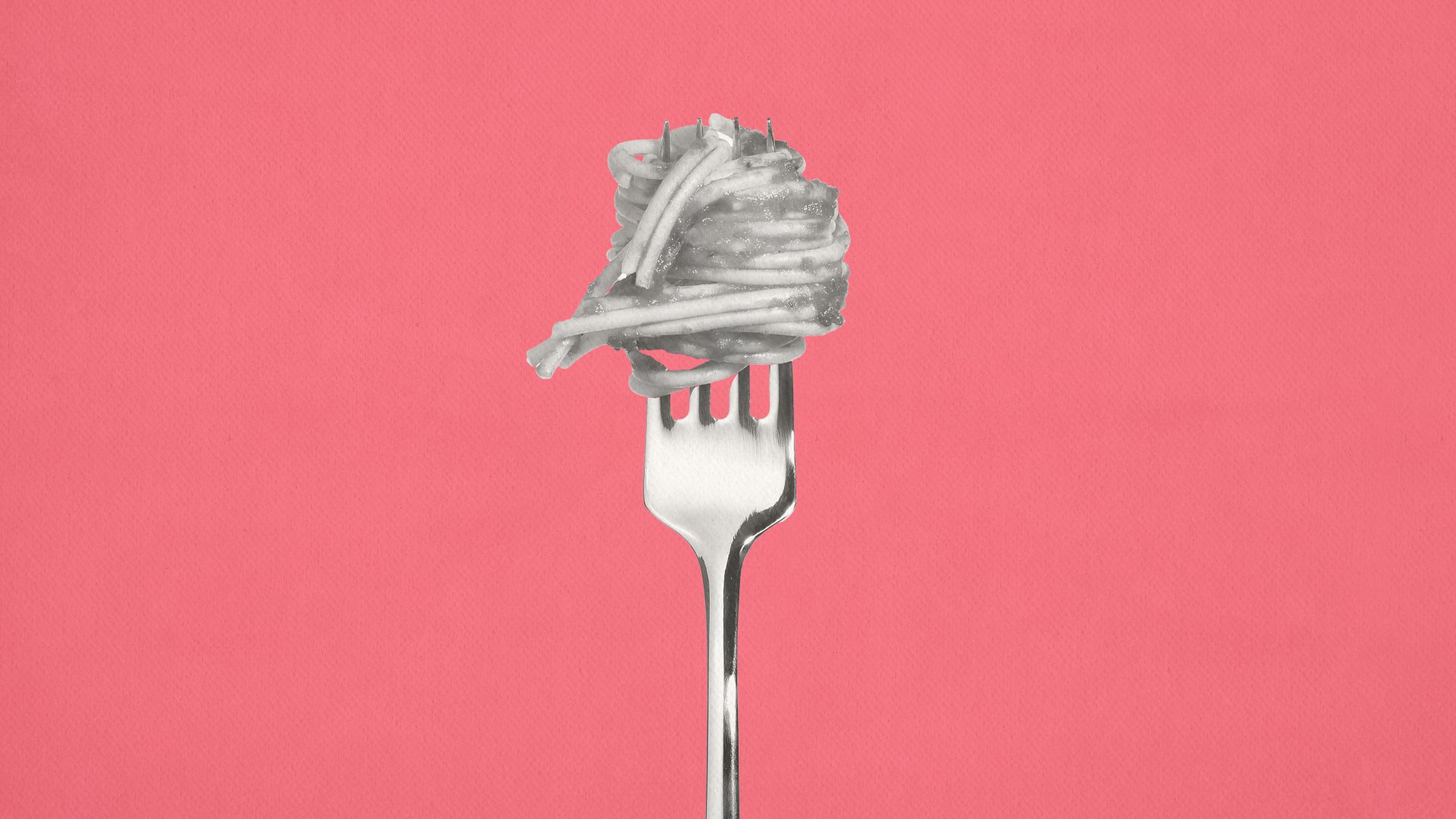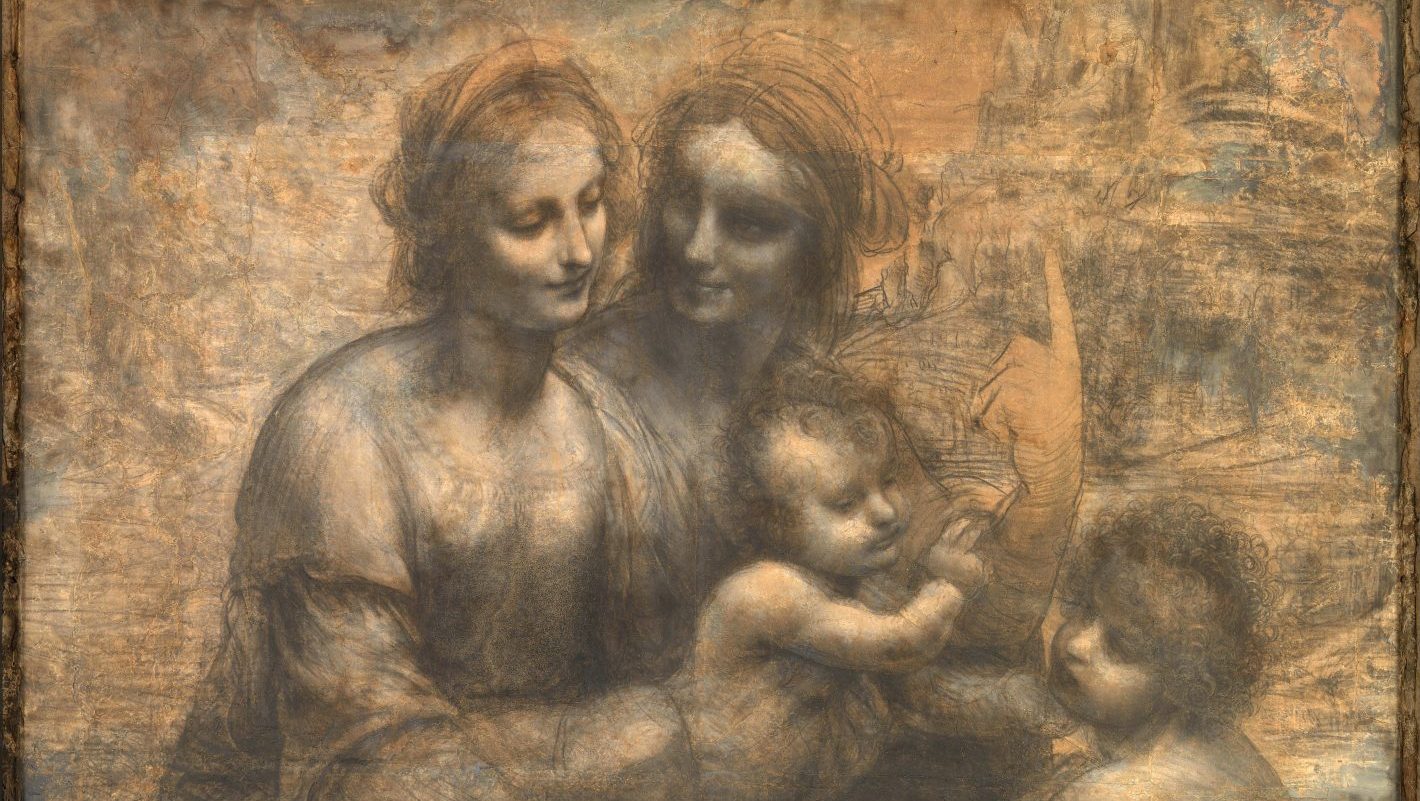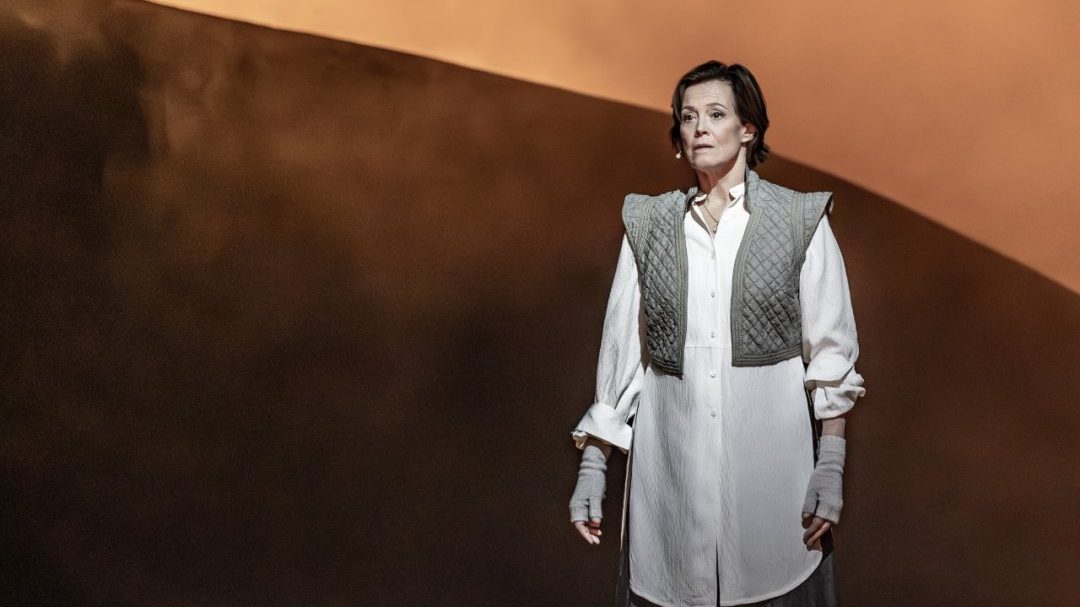A recurring conversation I have with chefs, restaurateurs and publicans is whether or not Britain is a “food nation”. That is to say, whether or not British people prioritise food as the French, Italian and Spanish do. The clear answer is “no”.
I read somewhere some years ago that Italians spend more than 30% of their annual income on food and drink. This might be an exaggeration, but I can’t imagine it’s all that far off.
By comparison, Americans supposedly spend about 4% of theirs. It is a little ironic considering that so many of them are enormous. The British, sadly, are erring more towards the American way.
But there is much to celebrate in Britain. We are, slowly, finding our footing when it comes to eating. In 2024, food has improved again, which is apparent in the continuing surge in the number of restaurants.
This week I have eaten dan dan noodles, a classic Sichuan dish, xiao long bao from Taiwan, Neapolitan pizza, lamb shawarma and a smashburger. All in London, fine, but the same might be said in Manchester, Birmingham, Edinburgh and Cardiff. And more cities besides.
The smashburger is a cultural touchstone when it comes to 2024. I am endlessly thankful that thick, towering “gourmet” burgers have been cast aside this year.
A burger should never be held by way of a cocktail stick: one that is not only impractical but also probably dry and covered in a sauce popular in 2005 before anybody here knew anything about eating. Smashburgers, where agreeable beef has been flattened on a grill, the edges crisp and flavourful, the centre juicy, have arrived in Britain.
So too finer Mexican food. Mexican immigration has been centred on America since records began; there are fewer than 100,000 Mexican-born people in Britain. No wonder our take on their cuisine has, until recently, been poor iterations of Tex-Mex: flabby burritos, tough wheat tacos filled with terrible “slaw” and beans from a can covered in grassy guacamole.
No longer. Those in London, please visit Sonora in Hackney or La Chingada in Surrey Quays and order everything. You will not spend more than £40.
And we must pay duty to Santiago Lastra, founder of Kol – it was listed at No 17 on the World’s 50 Best Restaurants list in the summer – and Fonda, where Mexican food is trumpeted, extolled without rigmarole.
Another welcome addition to British dining is a greater appreciation of west African food. This theme has been continuing for some years, but 2024 might have been a flashpoint.
Joké Bakare, the founder of Chishuru in London, has helped to propel a collective sentiment: do you know what moi moi is? I didn’t until recently. It is a steamed, savoury cake made from beans, and at Chishuru it comes with mushrooms and fiery scotch bonnet sauce. I love it. Bakare became at the start of the year the first black woman in Britain to win a Michelin star, which is unquestionable progress.
Caribbean food is also garnering greater acclaim. Jamaican barbecue restaurants have been spotlighted, the charring of chicken and pork, the softness of rice and peas, the nurturing of proper macaroni cheese that has been baked as if a pie. Trini doubles – chickpea curry, gently spiced, between two flatbreads – have become a vital part of the conversation too, and it only serves to benefit everyone that we better understand the food that came with the people.
It might be said that Indian food has been around for a long while. It has. But, actually, there is no such thing as “Indian food”, just as “going for a Chinese” is palpable in its narrowness.
India is a huge country. In the south, they steam fish in coconut leaves; in the north, they put an alarming amount of ghee in a spiced tomato sauce and let lamb become regal.
British food, 2024. British food is roast dinners, fish and chips, cooked breakfasts and pie. It is also everything else, because, thankfully, everyone else is here.
A generic chicken curry is as vital as pie and mash; we have good sushi now – finally we are eating fish other than cod; you might have Neapolitan pizza, or Roman, or Detroit-style, even a crispy thin number out of New Haven; momos from Nepal; laksa from Malaysia; boundless tapas, croquetas and all; a Greek salad with a slab of feta rather than tasteless cubes from a packet.
It is heartening that Britain is more defined by food than ever before. There is no greater advocacy for togetherness; for a meeting of worlds.
British food is not a roast dinner: it is everything, from everywhere. This year has shown that more than ever.




